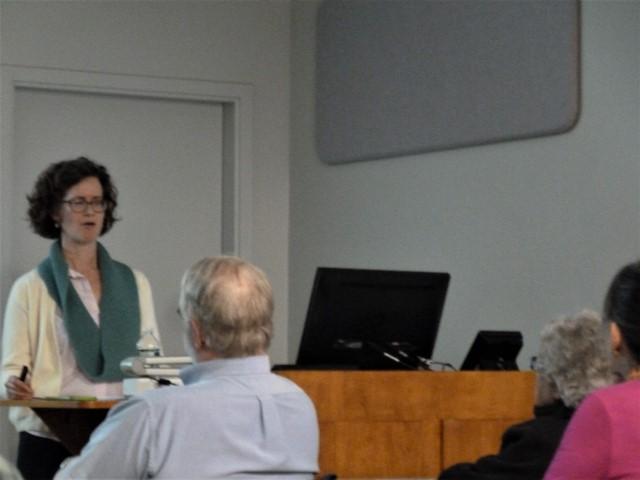

Historically, Marie's work was contemporary in its use of vernacular (French language) rather than Latin, which had for centuries been required for any serious work. While Marie does not explicitly contrast her goal – of relating lays that she has heard – to the classical goal of creating obscure texts that demand study, it is clear that she considers her work to be a step in a different direction.

Most central to the prologue is an implied statement of purpose. Like the lays themselves, Marie's prologue contains a good deal of sophistication that is belied by charm, brevity, and seeming simplicity. She dedicates the work to a "noble king", and hopes he will enjoy them, since that will bring her happiness. In honor of the stories, she has stayed up "late into the night" composing them into verse. Thus, she has chosen to devote herself to the telling of lays that she has heard and the stories which she believes to be true. The belief was that, by dedicating oneself to such study, one would avoid vice and "rid oneself of great suffering." Marie considered paying homage to this tradition by translating a Latin text into French, but she decided that such endeavors had been done too often by too many others. She tells how ancient writers believed it virtuous to express themselves obscurely, so that readers of their work would have to study the works in depth. She stresses that "anyone who has received from God the gift of knowledge and true eloquence" has a duty to use those gifts for storytelling. The collection begins with an address from Marie.


 0 kommentar(er)
0 kommentar(er)
